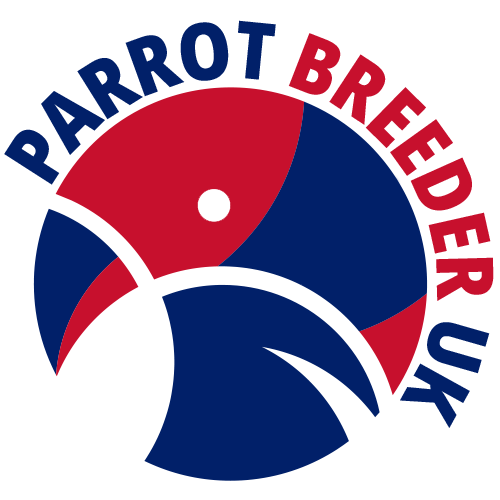- Don’t concentrate on bad behaviour. If you cannot address bad behaviour immediately then don’t address it at all.
- Don’t reward bad behaviour with treats, no treats should be given at least 20 minutes after bad behaviour.
- Don’t use water or physical hitting as punishment.
- Don’t place toys in the middle or in the front of the door opening.
- Don’t during the winter skip misting, humidity is very important to tropical birds and when you run your heater in your home it dries out the air. (same with air conditioner)
- Don’t take your bird outside unprotected or leave your bird outside unobserved.
- Don’t take your bird outside without your bird being inside a carrier, cage or on a flight leash. All it takes is a gust of wind, something to spook or scare the bird one time to take off. The wind current can still carry a bird, even though its wings are clipped and if a bird gets to a tree the instinct is to climb to the top of the tree.
- Don’t leave the toilet seat up if you are going to allow your bird to fly free in your home; they can’t swim and will drown.
- Don’t use sandpaper perch covers, grit, gravel or gravel paper. Grit is not necessary for parrots and can cause impaction of the digestive systems.
- Don’t use moth protectors, mite or lice spray anywhere that your bird can come in contact with them; they are TOXIC!
- Don’t smoke around your bird(s). Nicotine is deadly to birds. Not only does 2nd hand Smoke harm them, but you need to wash your hands very well because it comes through the pores of the skin of smokers’ hands and can cause the bird(s) to have a severe contact reaction or even death.
- Don’t cook with the bird on your shoulder or have the bird loose in the kitchen. This can be very dangerous.
- Do not use Febreze products in any areas of the home that the bird will be able to touch – it is toxic to birds.
- Do not use any type of scented oils or heated scented oils in areas around the birds – this is also toxic.
- Do not have lit candles around your birds unless they are soy candles. These are the only candles that are safe around birds.
- Do not use Teflon or any kind of coatings on your pans. Teflon, etc. overheated will cause death in birds.
- Don’t buy toys with dog leash type clips or jingle bells. This is an injury waiting to happen. Toes can get caught very easily in these.
- Don’t have toys that have small rings that the bird(s) can put their heads through. They may choke and die, from trying to get their heads back out.
- Don’t use “S” hooks with birds that have strong beaks. They can open these up and do some serious harm to them, they can even cause death.
- Don’t use litter made of walnut shells or corncobs. It can cause life-threatening Impaction if ingested by birds. They also harbour fungal spores when soiled or wet. Newspaper is much safer.
- Don’t apply kwik-stop or other styptic products to avian skin. They are safe for bleeding toenails when broken or cut too short, but they destroy the skin. For broken or pulled blood feathers, either cornstarch or flour is safe. Aloe gel can be applied first to help the flour or cornstarch adhere to the wound and to help with pain and healing.
- Don’t use lead, zinc, copper, and iron. They can cause metal toxicities if ingested by birds. Some sources are house keys, (especially gold coloured keys), galvanized wire, and lead-based paints, metallic paints, paint containing zinc, linoleum, vinyl mini-blinds, foil from champagne and wine bottles, lead weights, and bells with lead clappers, stained glass, some improperly glazed ceramics, costume jewellery, mirror backing, copper pennies, zinc oxide, artist paints containing cadmium, and cardboard or paper with high gloss inks. Aviary wire treated with zinc is also dangerous.
- Don’t handle or touch a bird if you or know somebody who is having chemotherapy treatments. The radiation can be transferred thru the bird’s skin and can be deadly.
